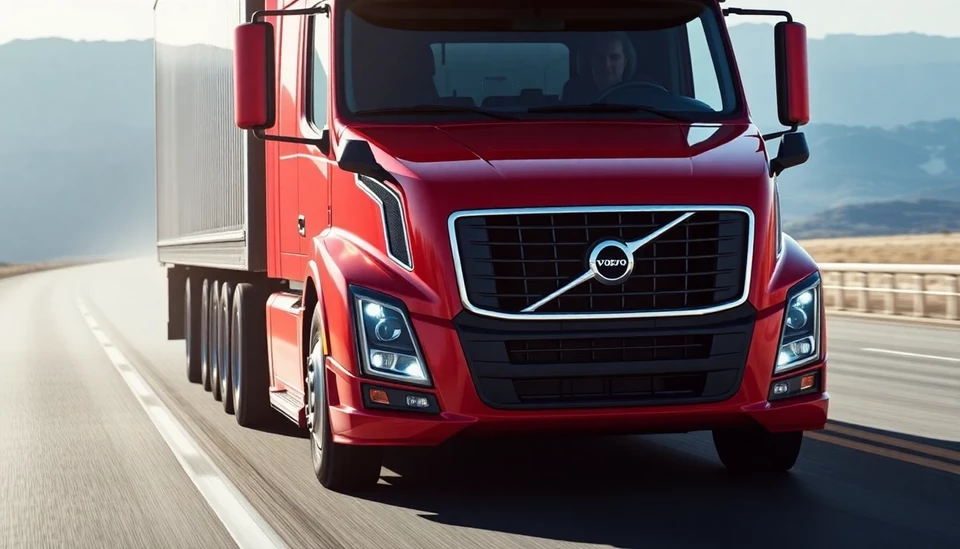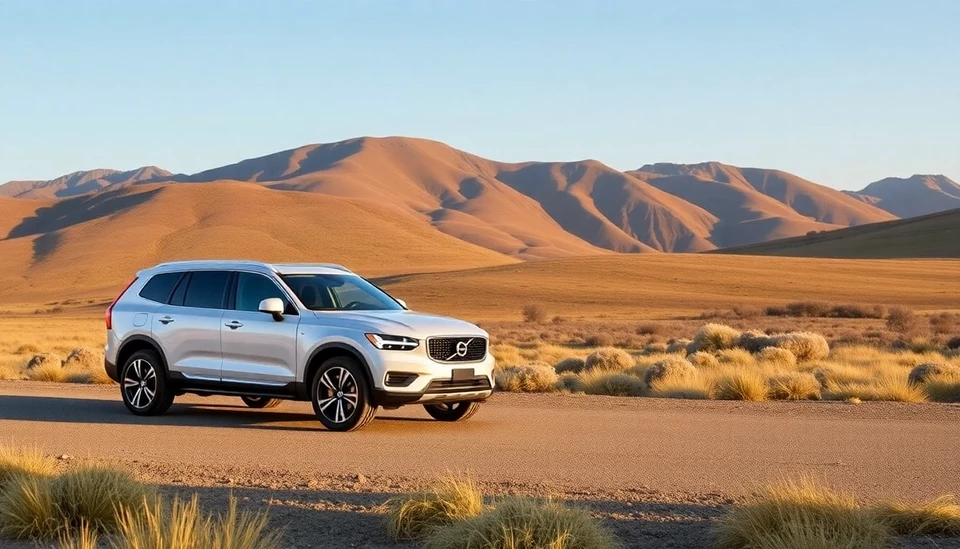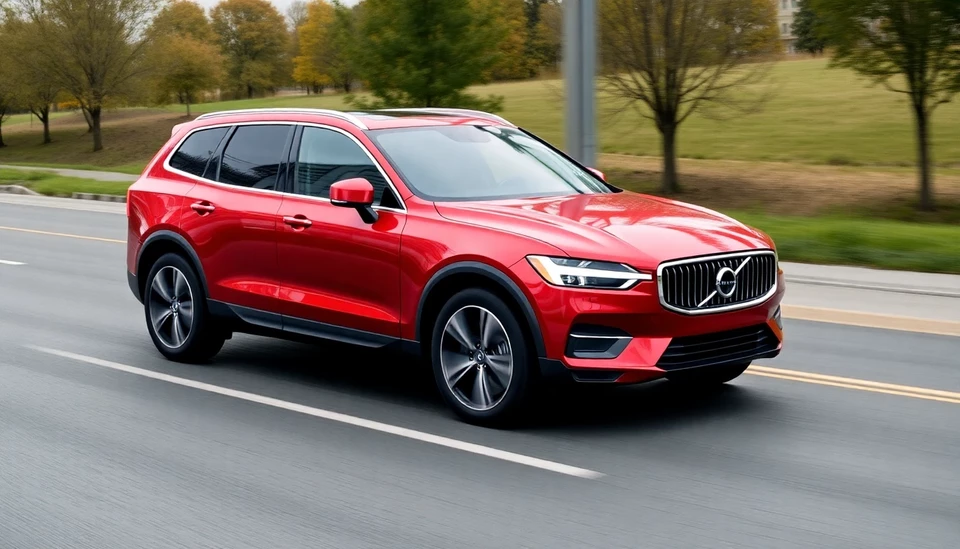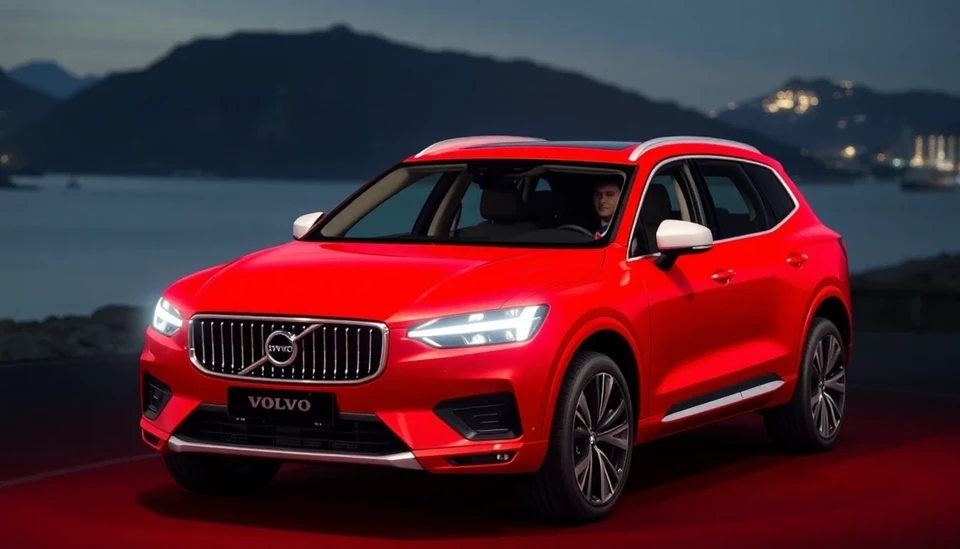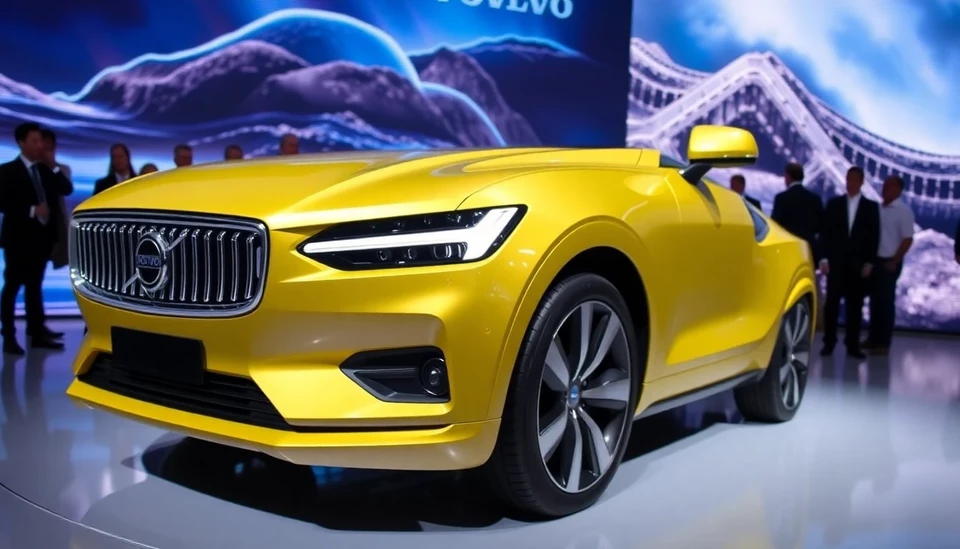
In a bold move reflecting the evolving landscape of international trade and automotive innovation, Volvo has officially launched its latest electric sedan, which is manufactured in China. This unveiling comes at a time when global tariff tensions are intensifying, particularly between the United States and China, raising questions about the future strategies of automakers operating in both markets.
During a recent press conference, Volvo representatives emphasized that the new sedan is a testament to the company's commitment to sustainability and cutting-edge technology. The vehicle is expected to appeal not only to environmentally conscious consumers but also to those looking for high-performance electric vehicles in the increasingly competitive market.
This new model is indicative of a broader trend among automakers to localize production in response to potential tariffs that could arise from geopolitical tensions. Volvo's decision to manufacture the sedan in China not only allows the company to circumvent possible import tariffs imposed by the U.S. government but also positions it to better serve the rapidly growing electric vehicle (EV) market in Asia.
As the automotive industry grapples with the ongoing shifts shaped by environmental regulations and trade policies, Volvo's proactive approach stands out. By launching a vehicle designed with local preferences in mind, the company hopes to capture significant market share in the EV segment, especially given the enthusiastic consumer response to electric vehicles in China.
Analysts are closely monitoring how this launch could set a precedent for other global car manufacturers. With tensions likely to remain high, companies may increasingly look to produce vehicles in regions where they intend to sell them, mitigating the risks associated with tariffs and trade disputes.
Volvo's foresight in navigating these complex dynamics highlights the importance of adaptability in the automotive sector. As global markets continue to evolve, the decisions made by manufacturers today will have a lasting impact on their competitive positions in the market.
In conclusion, Volvo's new electric sedan emerges not just as a product of innovation, but as a strategic response to the fluctuating global trade environment. The melding of technology, sustainability, and market strategy could very well define the future of automotive manufacturing as we know it.
#Volvo #ElectricVehicle #Sedan #ChinaMade #TariffTensions #AutomotiveInnovation #Sustainability #EVMarket
Author: John Harris
